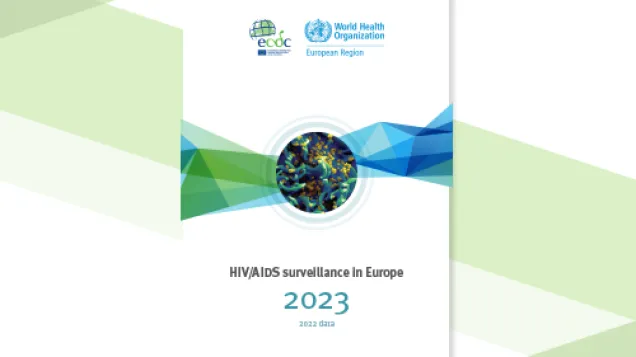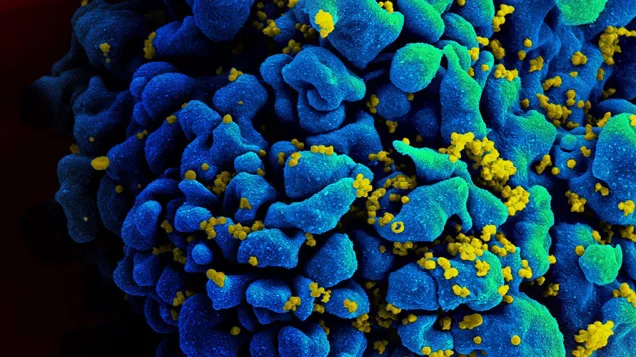Review of the HIV surveillance system in France
the team engaged with 47 persons from Santé publique France as well as external stakeholders, gathering background information and perspectives on the current system and potential future adaptations.
Executive summary
The assessment found that the HIV surveillance system remains crucial for monitoring and informing HIV prevention and care services. Highly valued by stakeholders, it provides essential data for guiding the HIV response. Stakeholders appreciate the work of Santé publique France and support the SNSS strategy. France benefits from rich data sources and skilled experts. However, a modernisation of the HIV surveillance system in France is needed to meet evolving demands. The HIV surveillance objectives and reporting protocols are outdated and not aligned with current needs. Despite significant resources, the system fails to provide timely data, leading to mistrust and questions about data validity. Underreporting is high, and stakeholders do not fully understand the adjustments made to account for it. HIV estimates are not updated regularly, and regional stakeholders feel disconnected from the whole process of data collection, analysis, and validation. The e-DO system is nearly obsolete, requiring major changes for compliance with data protection laws and improved functionality. Additionally, there is an imbalance between the staffing levels and workload of the Santé publique France HIV team.
Several areas for improvement were identified for the consideration of the Ministry of Health, Santé publique France, and other actors.
- Strengthen coordination: Enhance the Ministry of Health's coordination of HIV data to better integrate strategic information from various sources and improve public health outcomes. This includes a more effective use of existing resources like the Regional Coordination for Combating the Human Immunodeficiency Virus (COREVIH) system and regional data partnerships.
- Enhance stakeholder engagement: Increase communication and engagement with stakeholders through regular two-way discussions, dashboards, alerts, and a dedicated space for data insights. This will boost data quality and stakeholder motivation.
- Upgrade the e-DO system: Prioritise significant updates or a complete rebuild of the e-DO system to improve functionality, security, and interoperability with electronic health records. Simplify the authentication process and ensure integration with old data to prevent data loss.
- Leverage regional actors: Strengthen the role of COREVIH and other regional actors in improving data quality and completeness. Ensure regional data are available in a timely manner to inform local public health efforts.
- Update surveillance objectives: Review and update HIV surveillance objectives to align with current needs and stakeholder inputs. Modify data collection to focus on relevant variables and discontinue less useful practices like the current approach to recency testing and under-reporting adjustments.
- Generate timely estimates: Continue prioritising the generation of estimates for HIV incidence, time from infection to diagnosis, and the undiagnosed population. Present results early and maintain continuous dialogue with stakeholders.
- Future-proof the system: Simplify data capture using efficient methods like the LABOé-SI system and enhanced use of SNDS data. Ensure the system can adapt to future needs with easier data extraction from electronic systems.
France HIV surveillance evaluation
English (1.79 MB - PDF)
Share this page

